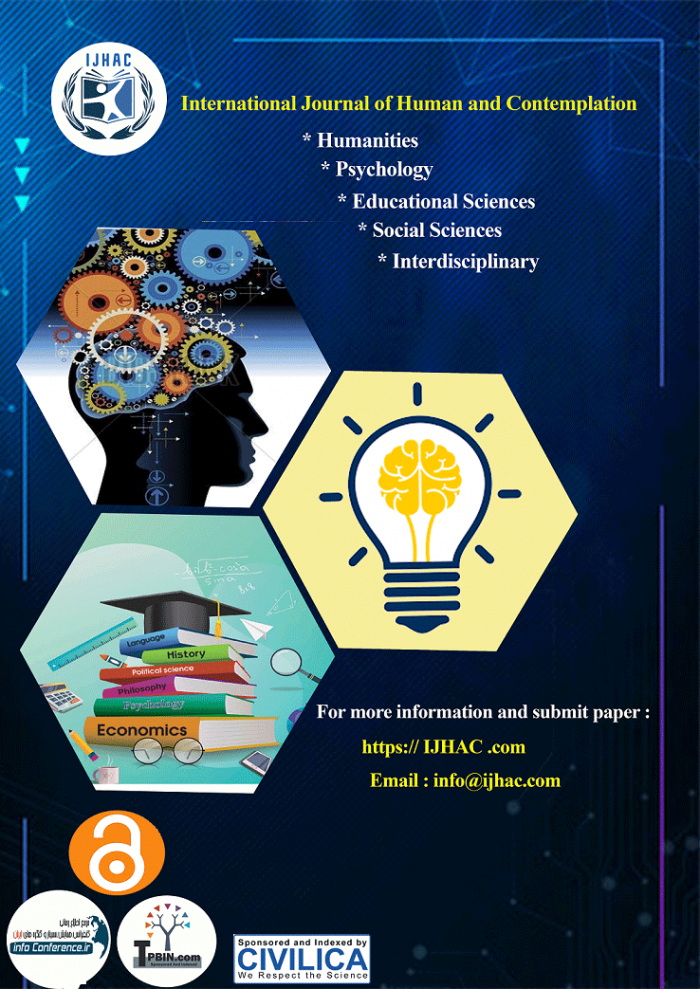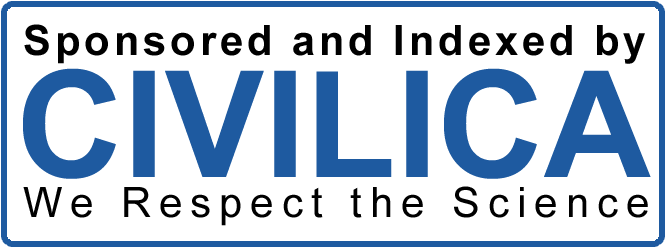Examination the Relationship between Personal Need for Structure and Need for Cognitive Closure with Students’ Learning style
Volume 1, Issue 2, 2024, Pages 1 - 5
1 Department of Educational Science and Psychology at University of Mohaghegh Ardabili, Ardabil, Iran
Abstract :
This research investigated the relationship between Personal Need for Structure (PNS), the Opinions about Learning and Studying (OLS)—which captures classroom-related need for closure—and the Learning Style Inventory (LSI) in a sample of high school students. The primary aim of this study was to shed light on the roles of need for structure and need for cognition in shaping learning styles. Results indicated that PNS, particularly the component "desire for structure" (PNS-F1), showed a positive relationship with scores on Abstract Conceptualization minus Concrete Experience (AC-CE). Additionally, the OLS component "Preference for Structure" was positively associated with AC-CE. A simple linear regression was conducted to predict participants’ AC-CE scores based on their PNS-F1 scores, and a significant regression equation was found. These findings suggest that students with a higher Need for Structure are more likely to rely on systematic planning and to develop theories and ideas based on observation rather than engaging actively in new experiences. While this research provides useful insights into the connections between cognitive-epistemic needs and learning styles, further investigations are warranted in this area.
This research investigated the relationship between Personal Need for Structure (PNS), the Opinions about Learning and Studying (OLS)—which captures classroom-related need for closure—and the Learning Style Inventory (LSI) in a sample of high school students. The primary aim of this study was to shed light on the roles of need for structure and need for cognition in shaping learning styles. Results indicated that PNS, particularly the component "desire for structure" (PNS-F1), showed a positive relationship with scores on Abstract Conceptualization minus Concrete Experience (AC-CE). Additionally, the OLS component "Preference for Structure" was positively associated with AC-CE. A simple linear regression was conducted to predict participants’ AC-CE scores based on their PNS-F1 scores, and a significant regression equation was found. These findings suggest that students with a higher Need for Structure are more likely to rely on systematic planning and to develop theories and ideas based on observation rather than engaging actively in new experiences. While this research provides useful insights into the connections between cognitive-epistemic needs and learning styles, further investigations are warranted in this area.
Keywords :
Personal Need for Structure, Need for Cognitive Closure, Learning Style Inventory, Students
Personal Need for Structure, Need for Cognitive Closure, Learning Style Inventory, Students









